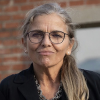
Assessing Historical Understanding Project
Assessing students' deep understanding of the Holocaust and Nazi Germany with Facing History and Ourselves
Assessing Historical Understanding Project (1997-1999) was a collaboration between Project Zero and Facing History and Ourselves to develop tools, criteria, and frameworks to assess deep understanding of the rise of Nazi Germany and other periods in history.
What were the goals of this project?
- To develop tools and criteria to assess middle school students' understanding of the rise of Nazi Germany and the Holocaust within and beyond FHAO classrooms.
- To develop a framework that teachers will use to produce assessment tools that elicit students' historical understanding of this and other periods in history.
How does this work relate to previous efforts on assessment?
During the last two decades educators have explored alternative forms of assessment. Unsatisfied with the limitations of standardized tests to describe and inform students about relevant aspects of their understanding, innovative teachers have invited students to make their understanding public in a variety of forms. Portfolios, reflection journals, artistic representations, and rubrics are examples of the range of forms teachers have found useful. Performances make students' understanding public and therefore open to constructive critique and sensible curriculum adjustment; and yet, making students' understanding public is the first step in the larger journey toward making it better. Often, while engaged in a broad educational dialogue about the forms in which students express what they know, educators have side-stepped the question of the content of students' understanding. What qualities of thinking constitute deep historical understanding? Why should students learn about the rise of Nazi Germany and what about it should they understand? Can students' understanding of the past legitimately inform the way in which they make sense of the present?
What was the project's focus?
During the academic year 1997-1998 we developed a performance assessment case that explores students' ability to draw on their understanding of Nazi Germany and the Holocaust to make sense of the events that led to the mass murder of Tutsis and Hutu opponents in Rwanda 1994. After examining Amnesty International's documentary "Forsaken Cries" as one account of the Rwandan genocide, students encounter a variety of challenges. For example they are asked:
- to assess the relative role of various factors as ripening forces toward genocide;
- to compare and contrast uses of propaganda in Germany and Rwanda; and
- to consider the options available specifically for the people in Rwanda.
Each challenge includes a rubric depicting various qualities of historical understanding and examples of students' responses at three levels of understanding.
During the academic year 1998-1999 we tested the assessment case in a variety of school environments and refined the performance design and the associated assessment rubric. The framework emerging from these investigations was captured in a publication about the possibilities and challenges to assessing young people's historical understandings as they use the past to interpret the present.




-
-
-
-
-
-
Support PZ's Reach